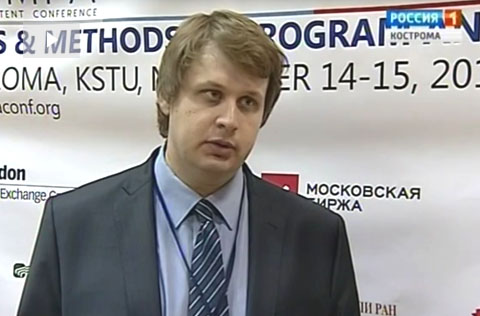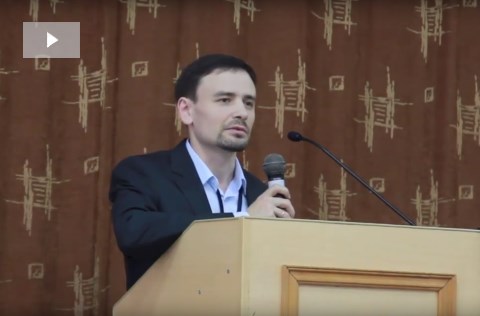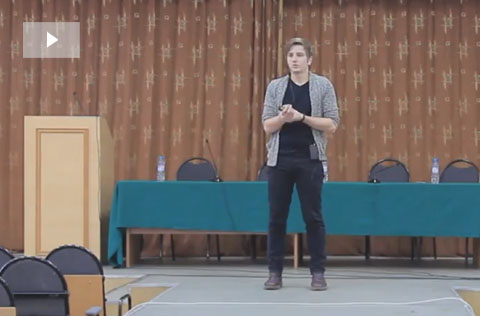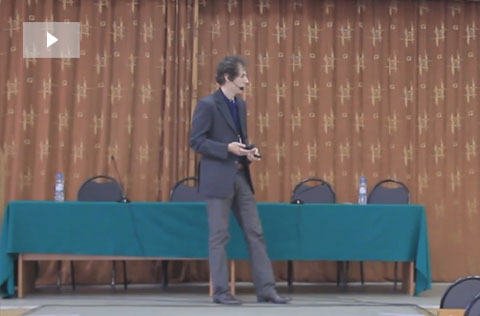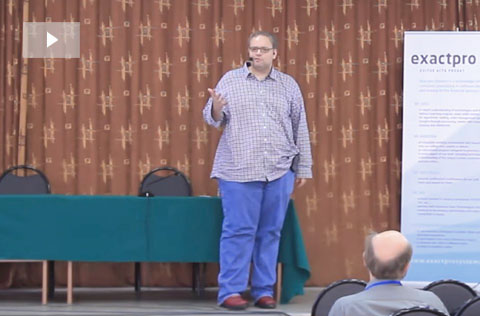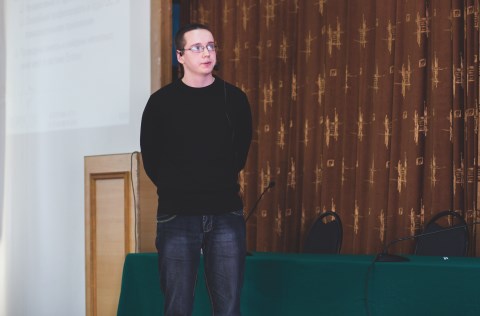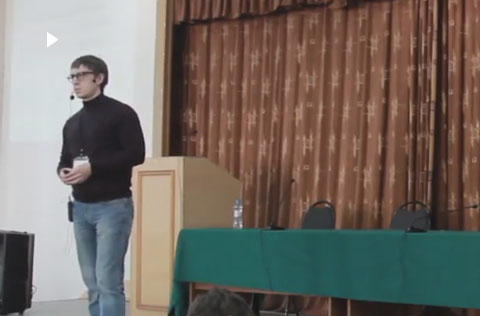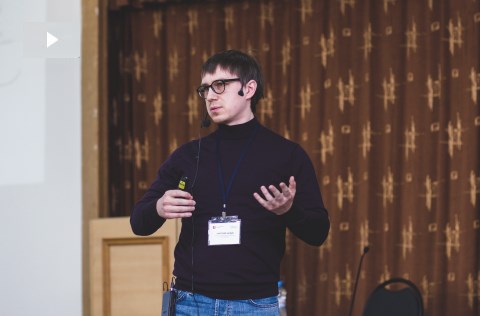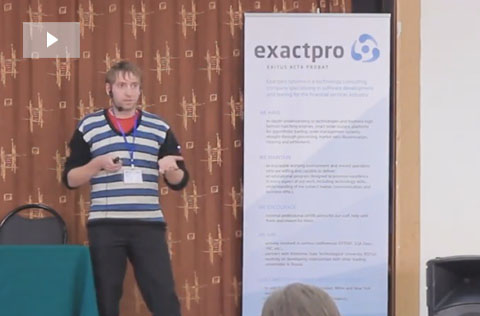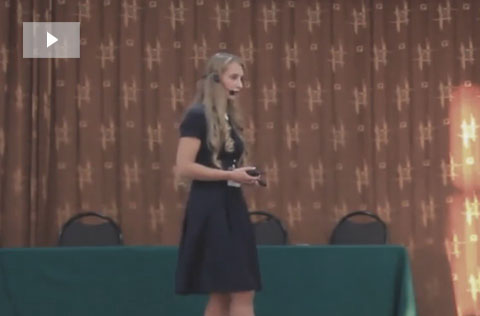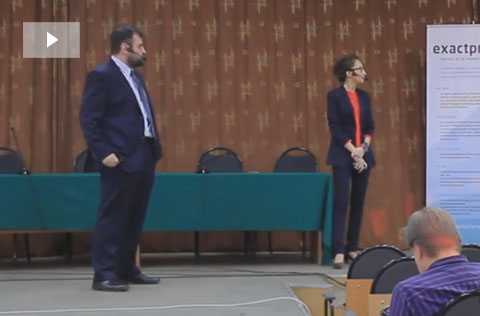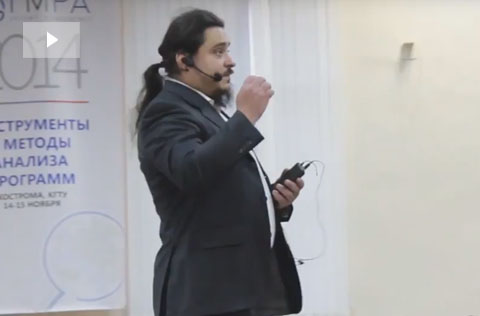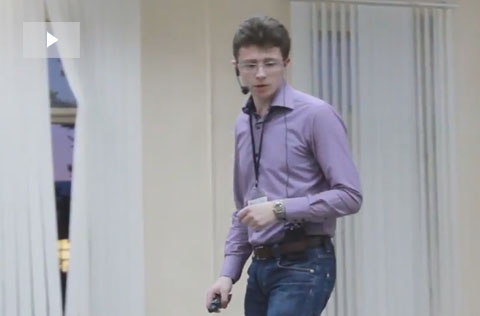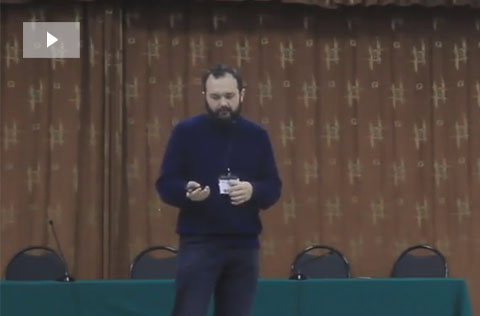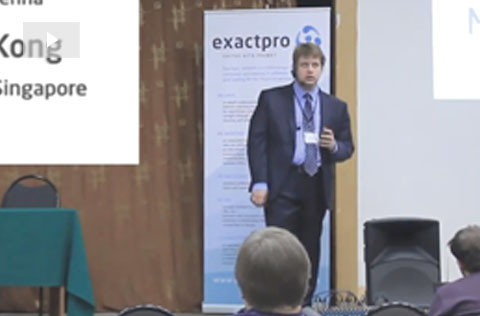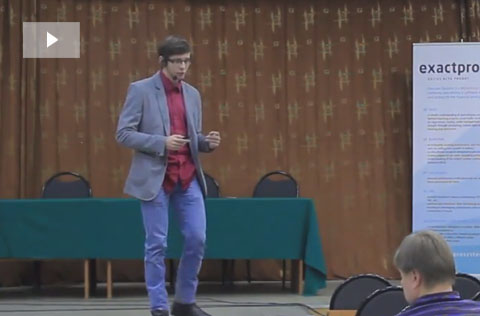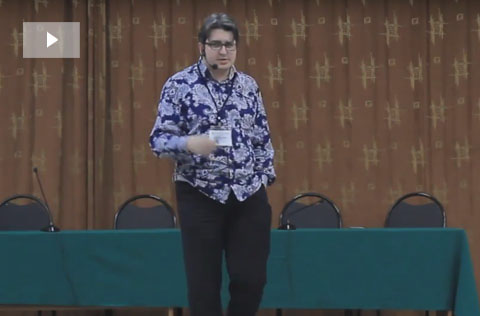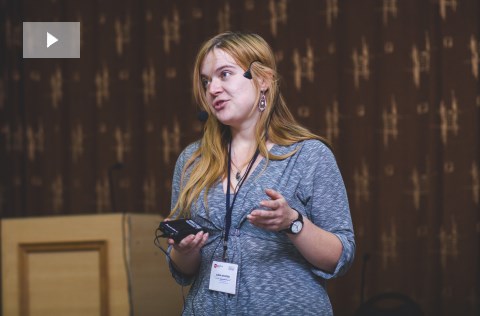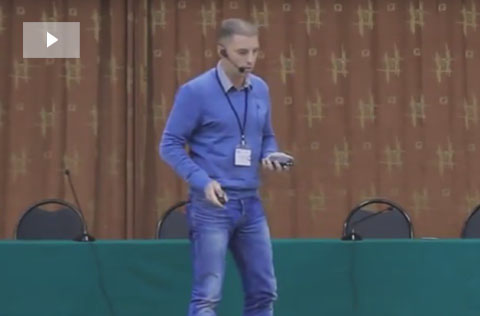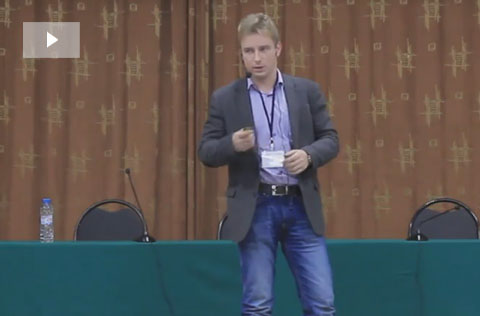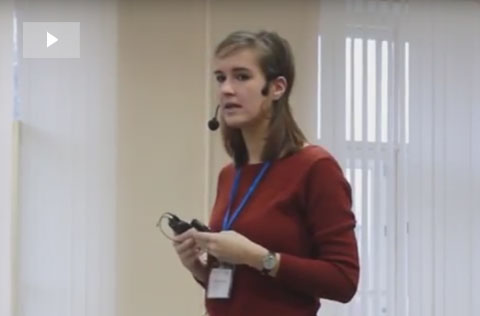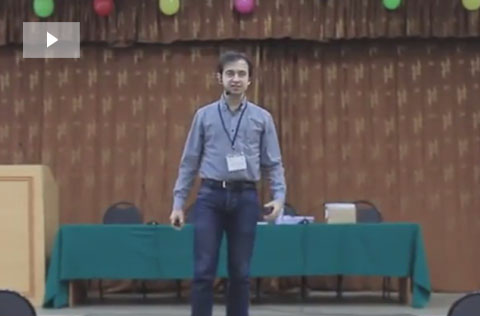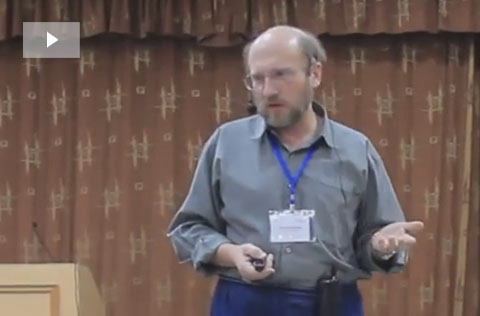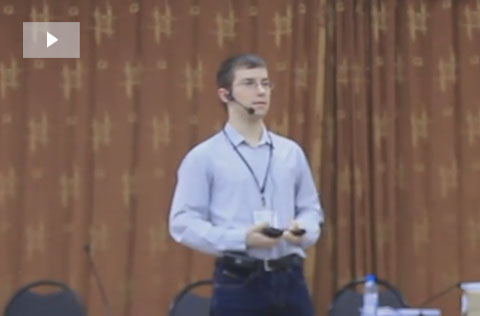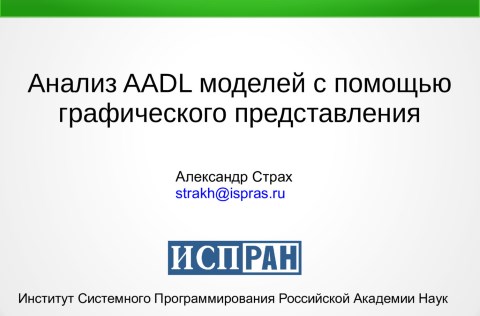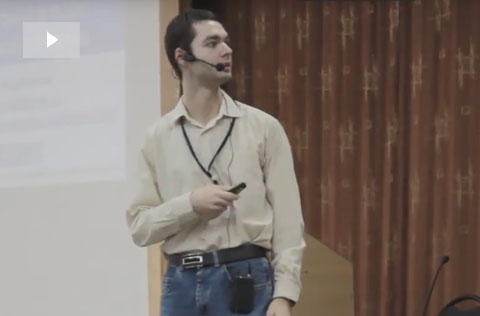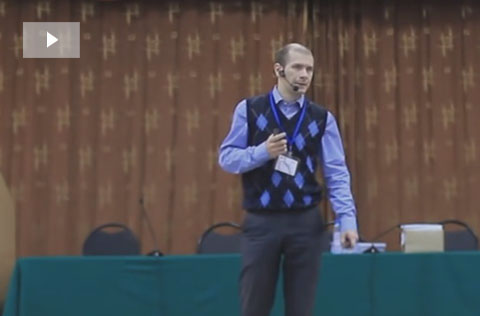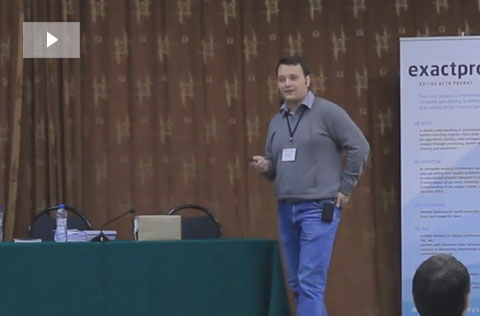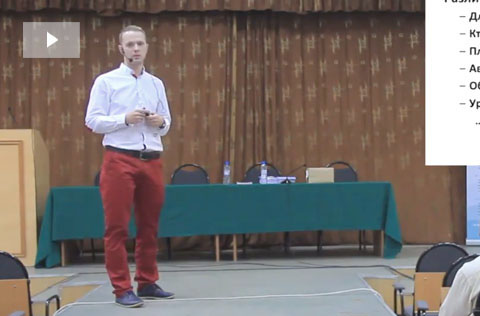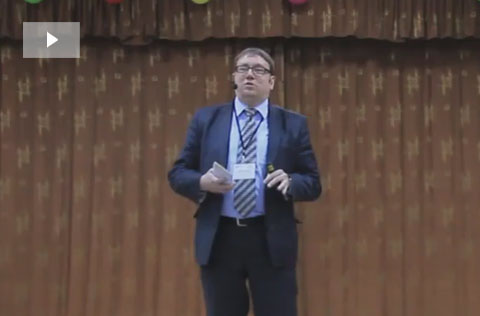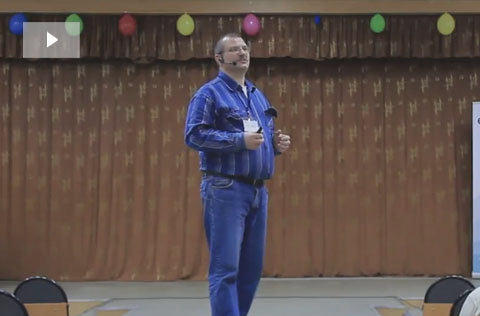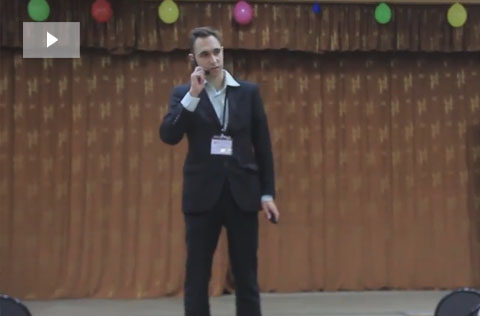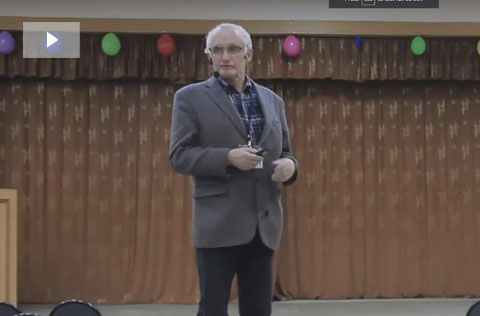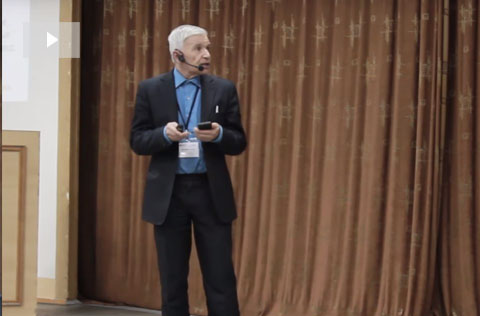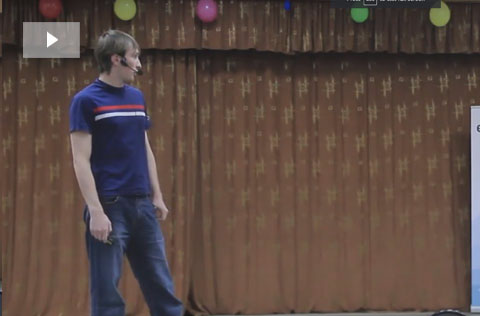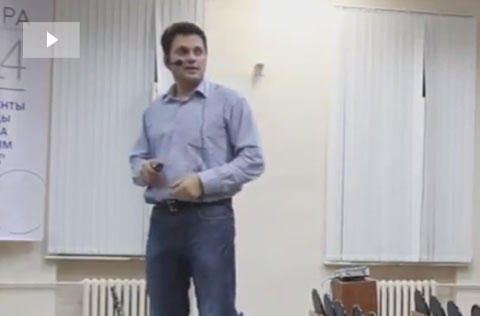TMPA-2014: agenda
14 November 2014
Josef Widder, Vienna University of Technology (about)
Josef Widder, Vienna University of Technology (about)
Victor Altukhov, Eugene Chemeritskiy, Vladislav Podymov and Vladimir Zakharov, Lomonosov Moscow State University, Moscow
Michael Nikitinsky, Dmitry Chalyy, Yaroslavl State University, Energia-info LLC, Yaroslavl
Dmitry Chalyy, Yaroslavl State University, Yaroslavl
Sergey Staroletov, Altai State Technical University, Barnaul
Vadim Zherder and Tatiana Ulyanina Mockow Exchange, National Research Nuclear University MEPhI, Moscow
Alyona Bulda, Maxim Rudovsky and Alexey Zverev Exactpro Systems, Kostroma, Моscow
Pavel Protsenko, Anna-Mariia Lukina, Iosif Itkin, Anna Khristenok, Andrey Alekseenko and Tatiana Pavlyuk, Exactpro Systems, London, Кostroma, Моscow, Оbninsk
Vsevolod Brekelov, Ilya Barigin, Egor Borisov Devexperts LLC, Saint Petersburg
Elena Gerasimova, Rostislav Yavorsky, Higher School of Economics, Moscow
Egor Kuzmin, Dmitriy Ryabukhin and Valery Sokolov, Yaroslavl State University, Yaroslavl
Vasily Sartakov, Nikolay Golikov, ksys labs, Odintsovo
Igor Nikiforov, Pavel Drobintsev, Vsevolod Kotlyarov, Nikita Voinov, Saint Petersburg State Polytechnic University, Saint Petersburg
Pavel Drobintsev, Vsevolod Kotlyarov, Igor Nikiforov, Nikita Voinov, Saint Petersburg State Polytechnic University, Saint Petersburg
15 November 2014
Anastasiia Ragozina, Semyon Grigorev, Saint Petersburg State University, JetBrains, Saint Petersburg
Mikhail Mandrykin and Alexey Khoroshilov, ISP RAS, Moscow
Nikolay Shilov, Alexander Vorontsov, Aizhan Satekbayeva, Nazarbayev University, Kazakhstan
Sergey Smolov, Alexander Kamkin, ISP RAS, Moscow
Pavel Andrianov, Alexey Khoroshilov, Vadim Mutilin, ISP RAS, Moscow
Ivan Grachev, Andrey Solovev, Vladimir State University, Vladimir
Igor Konnov, Vienna University of Technology
Igor Konnov, Vienna University of Technology
Andrew Mironov, Sergei Frenkel, IPI RAS, Moscow
Michael Lukin, Maxim Buzdalov and Anatoly Shalyto Saint Petersburg State University of Information Technologies, Mechanics and Optics, Saint Petersburg
Sergey Frenkel, Victor Zakharov, Vladimir Ushakov, IPI RAS, Lomonosov Moscow State University, Moscow
Vladimir Shelekhov, A.P. Ershov Institute of Informatics Systems, Novosibirsk
Michael Chushkin, A.P. Ershov Institute of Informatics Systems, Novosibirsk




